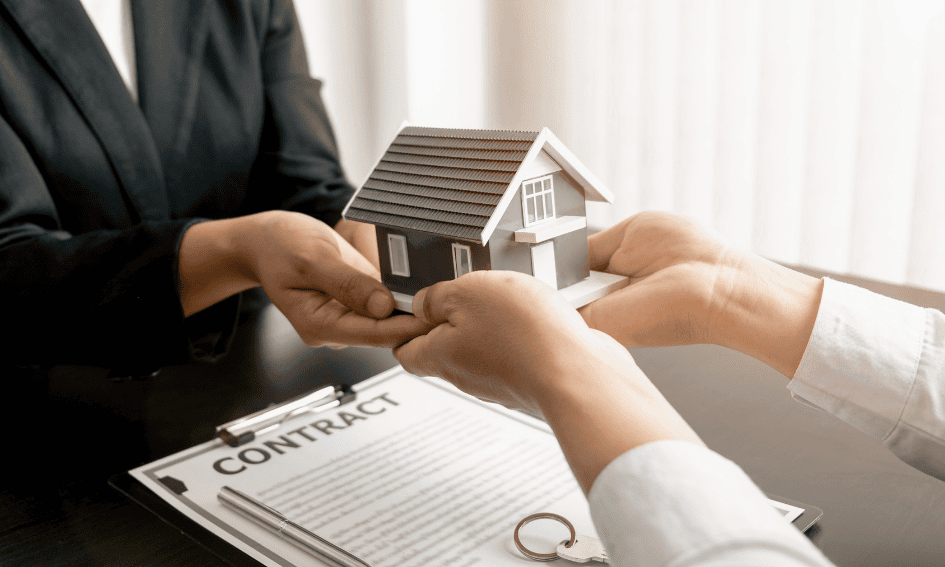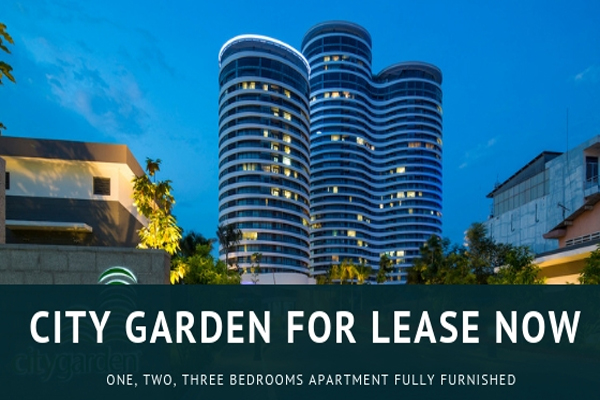How Can Foreigners Buy an Apartment in Vietnam
01 Oct, 2025

In recent years, more and more expats have chosen Ho Chi Minh City as their long-term home and workplace. One of the most common questions they ask is: “How can foreigners buy an apartment in Vietnam?”
Unlike short-term rentals, purchasing an apartment offers stability, legal ownership, and long-term investment opportunities. However, Vietnam’s legal framework and administrative procedures can be challenging for foreigners to navigate. This guide combines legal requirements with practical insights to help expats better understand the process of owning an apartment in Ho Chi Minh City.
Legal Framework in Simple Terms
Foreigners are allowed to buy apartments in Ho Chi Minh City under the Housing Law of 2014, which opened Vietnam’s real estate market to expats. However, this right comes with specific restrictions:
- Purchases are limited to apartments in approved commercial housing projects.
- No land ownership – foreigners can own the apartment but not the land beneath it.
- Ownership quota: up to 30% of units in a condominium, or 10% of houses in a single project.
- Ownership term: up to 50 years, with the possibility of renewal if legal conditions are met.
In short: expats can buy apartments in Ho Chi Minh City, but only within approved projects and under time-limited ownership.
.png)
Choosing Between New and Resale Apartments
When buying an apartment in Ho Chi Minh City, expats usually face two options: buying a new unit from a developer or purchasing a resale unit from an existing owner. Each option has its pros and cons.
New apartments from developers:
- Clear contracts with lower legal risks.
- Often come with promotions and flexible payment plans.
- Higher prices and possible waiting time if the project is under construction.
Resale apartments:
- More negotiable prices, move-in ready.
- Require careful legal checks: ownership certificate, mortgages, or disputes.
- Risk of exceeding the 30% foreign ownership quota in the building.
Practical Steps for Expats Buying Apartments
For a smooth and legal apartment purchase in Ho Chi Minh City, expats should follow these essential steps:
- Verify project legality: Ensure the project allows foreign ownership and check remaining quota.
- Prepare personal documents: Valid passport, active visa, and legal identification.
- Work with a reliable agent or agency: To confirm transparent information and support the transaction.
- Sign and notarize the sale contract: The contract must be in writing and notarized for legal validity.
- Make payments through a Vietnamese bank account: A mandatory requirement for legal compliance.
- Register ownership and obtain the pink book: Submit documents to authorities to receive the ownership certificate.
Costs You Should Plan For
Beyond the purchase price, foreigners should budget for several additional costs when owning property in Ho Chi Minh City:
- Registration tax (stamp duty): Around 0.5% of the apartment’s value, payable upon registration.
- Notarization fees: Based on the sale contract value, usually from a few million to several dozen million VND.
- Condominium management fees: Monthly charges to the building management, typically 10,000–20,000 VND per square meter.
- Maintenance fund: A one-time payment upon handover, equal to 2% of the contract value.
- Other service costs: Property insurance, shared utilities, or professional management services.
Common Pitfalls Expats Face
Even though the law allows it, many expats face challenges or risks when buying apartments in Ho Chi Minh City. The most common pitfalls include:
- Exceeding ownership quotas: If the building already reached the 30% foreign quota, the purchase will be invalid.
- Ignoring ownership duration: Some assume ownership is permanent, but it is limited to 50 years and requires renewal.
- Trusting unverified agents: Can lead to misinformation and unclear contracts.
- Confusing house and land ownership: Foreigners can own the apartment but not the land.
- Skipping legal checks: Mortgaged or disputed apartments create major obstacles in transferring ownership.
Living in Ho Chi Minh City as a Foreign Apartment Owner
Owning an apartment in Ho Chi Minh City offers significant benefits for expats compared to short-term rentals. Beyond housing stability, it strengthens long-term ties with the city.
- Stable lifestyle: Ownership provides security and freedom to personalize your living space without rental uncertainties.
- Long-term investment: Ho Chi Minh City real estate holds strong appreciation potential, serving both as a home and rental asset.
- Prime locations: Expat-friendly areas such as Thao Dien (District 2), An Phu, Binh Thanh, and District 1 offer full international amenities.
- Diverse community: Modern condominiums create opportunities to connect with both local residents and the expat community.
Conclusion
The question “How can foreigners buy an apartment in Vietnam?” has a clear answer: foreigners can legally purchase apartments in Ho Chi Minh City, provided they follow the rules on property types, ownership quotas, and duration.
Careful preparation—legal checks, choosing the right project, budgeting costs, and understanding risks—ensures a safe and smooth transaction. With housing stability and investment potential, owning an apartment in Ho Chi Minh City can be a sustainable choice for many expats.

